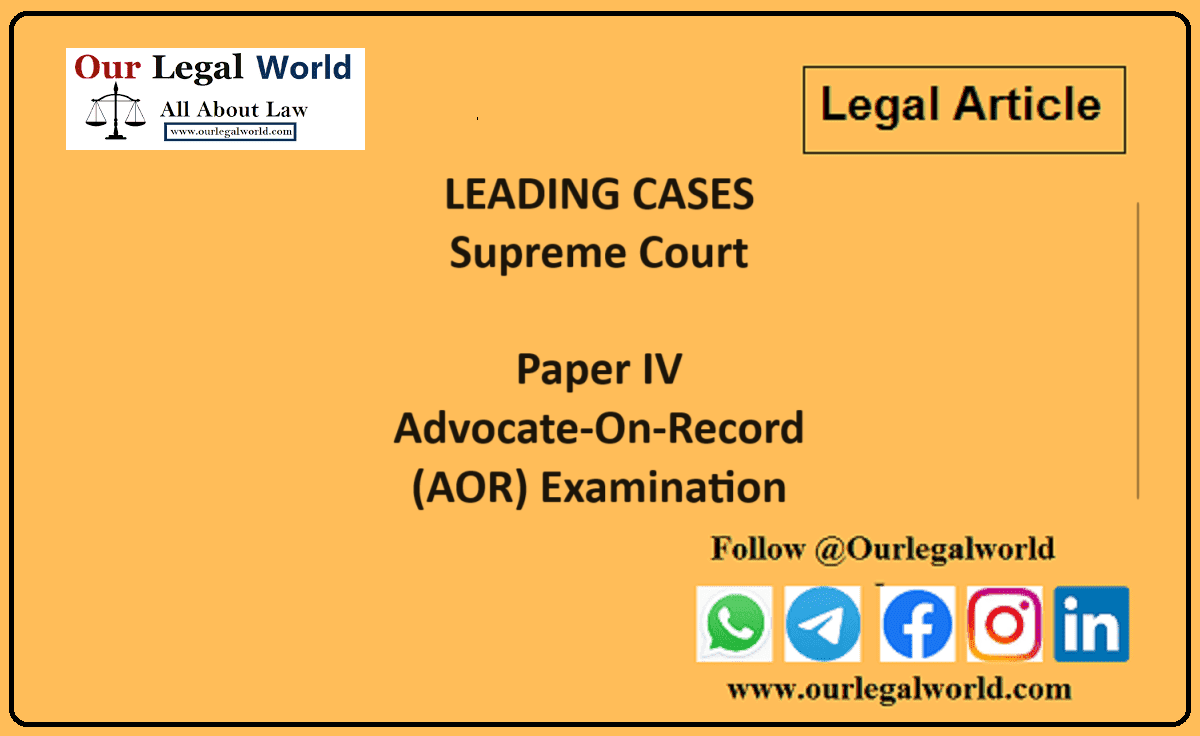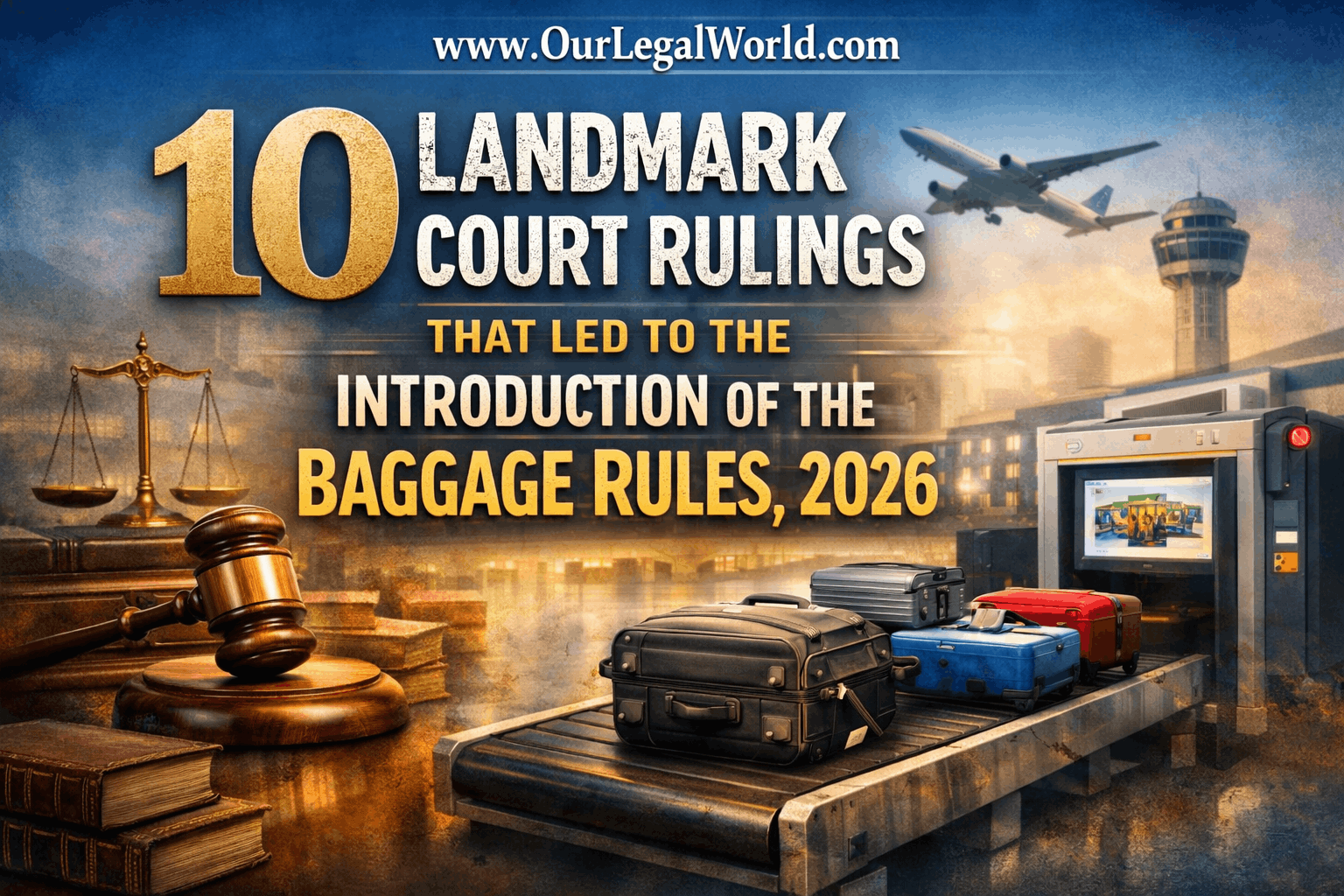Hate Speech: Legal provision in India written by Tanya Arora
Rights are an important feature of individual autonomy. They are guaranteed as limits on the power of the State. In democratic societies, they have been granted to the people to protect them from undue State interference. Freedom of expression has been enshrined in article 19 of the Universal Declaration on Human Rights. It is considered to be one of the most significant rights as it allows a person to attain self-fulfilment and strengthen the capacity to fully enjoy freedom. Initially, the freedom of speech and expression would carry the proviso:- the right of every citizen to freedom of speech and expression but
This provision faced substantial opposition in the Assembly where members argued that it denies ‘absolute’ nature to rights which are fundamental. Hence the Constitution acknowledges that liberty cannot be absolute or uncontrolled and makes provisions in clauses (2) to (6) of article 19 authorizing the State to restrict the exercise of the freedom guaranteed under that article within the limits specified in those clauses.
HATE SPEECH
Generally, hate speech is any form of expression through which speakers intend to vilify, humiliate, or incite hatred against a group or a class of persons on the basis of race, religion, skin color sexual identity, gender identity, ethnicity, disability, or national origin or we can say that it is an expression which is likely to cause distress or offend other individuals on the basis of their association with a particular group or incite hostility towards them. The distinction between speech that “shocks, offends and disturbs”, and hate speech is crucial because it allows us to separate offensive expressions from those that attack the very idea of equal citizenship.
The difference is between attacking a set of religious beliefs and attacking the civic status of a religious group. It is only the latter kind of speech that undermines the equal membership of citizens.
Legislations around Hate Speech
The Indian Penal Code, 1860
- Section 153B IPC penalises ‘imputations, assertions prejudicial to national integration.
- Section 295A IPC penalises ‘deliberate and malicious acts, intended to outrage religious feelings of any class by insulting its religion or religious beliefs.
- Section 153A IPC penalises ‘promotion of enmity between different groups on grounds of religion, race, place of birth, residence, language, etc., and doing acts prejudicial to maintenance of harmony.
The Code of Criminal Procedure, 1973
- Section 95 empowers the State Government, to forfeit publications that are punishable under sections 124A, 153A, 153B, 292, 293 or 295A IPC.
- Section 144 empowers the District Magistrate, a Sub-divisional Magistrate or any other Executive Magistrate specially empowered by the State Government in this behalf to issue order in urgent cases of nuisance or apprehended danger.
- Section 107 empowers the Executive Magistrate to prevent a person from committing a breach of the peace or disturb the public tranquility or to do any wrongful act that may probably cause breach of the peace or disturb the public tranquility.
Impact of Hate Speech on Freedom of Expression
The right to freedom of speech and expression is one of the most essential liberties recognized by the democratic States. The objective of free speech in a democracy is to promote a plurality of opinions. The importance of allowing diversity of opinion has guided the principles of free speech. Thus, even a speech that is ‘vehement, caustic, and sometimes unpleasantly sharp’ is protected from State intervention. Hate speech is an expression which is likely to cause distress or offend other individuals on the basis of their association with a particular group or incite hostility towards them.
The philosopher Jeremy Waldron argues that, while purely offensive speech may not justify restrictions, there is a class of injury, amounting to more than hurt sentiments but to less than harm, in the sense of physical injury, that demands restriction in democratic frameworks. Where speech injures dignity, it will do more harm than simply offend its target. It would undermine the implicit assurance that citizens of a democracy, particularly minorities or vulnerable groups are placed on the same footing as the majority. While the right to criticize any group should continue to exist, speech that negates the right of a vulnerable group should be regulated. The issue of hate speech has assumed greater significance in the era of internet since the accessibility of the internet allows offensive speeches to affect a larger audience in a short span of time. Hence, freedom of expression can be restricted on the following grounds. namely child pornography, hate speech, defamation, direct and public incitement to commit genocide.
Hence there are various ways through which hate speech can be used by people which we must curb in order to spread peace and harmony in the society.
Suggestions to curb the issue of Hate Speech
Though the problem of hate speech is so adverse in today’s life that we are now in a situation that we must look towards some measures to curb this problem. Some measures are suggested below:-
- There is a need to revise and strengthen the existing antidiscrimination legislation so as to meet universal standards on equality across all groups, communities, men and women.
- The religious minorities’ parliamentarians should be enabled to raise issues relating to freedoms of expression and religion, and the intersection of these rights, in the parliament and other platforms.
- All instances of violations of freedom of expression in the context of religion and incitement of hatred resulting in violence should be condemned and prevented.
- Fight against hate speech cannot be isolated. It should be discussed on a wider platform such as the United Nations. Every responsible government, regional bodies and other international and regional actors should respond to this threat.
- Laws should be adopted to punish incitement to hatred that may result in violence,hostility and discrimination. They should be implemented in a non-selective, non-arbitrary and transparent manner.
Freedom of speech and expression has been established as key freedom required for sustaining democracy. However, with every right comes responsibility; and therein, is the need for a limitation on the right to freedom of speech and expression so as to prevent the destructive and regressive effect it could have.
Also Read: REDEFINING OBSCENITY IN DYNAMIC INDIA
Conclusion
Hate speech is understood as any kind of communication in speech, writing or conduct, that strikes or uses defamatory or discriminatory language with reference to a person or a group on the basis of who they are, in other words, based on their religion, ethnicity, nationality, race, colour, descent, gender or another identity factor. Hate speech is understood as any kind of communication in speech, writing or conduct that strikes or uses defamatory or discriminatory language with reference to a person or a group on the basis of who they are, in other words, based on their religion, ethnicity, nationality, race, colour, descent, gender or another identity factor.
The problem of hate speech has also risen on social media platforms as the spreading of misinformation amongst online platforms is common these days. Social networking apps like WhatsApp, Facebook, Twitter, have become the most ordinary tool for spreading hate speech. Trolls on social media have also become another great worry for social networking sites. Strict laws are necessary to prevent hate speech and its propagation in future.
- https://www.ala.org/advocacy/intfreedom/hatespeech
- Law Commission , Hate Speech. Report 267
- https://www.legalserviceindia.com/legal/article-1056-hate-speech-in-india.html
Author view is personal







